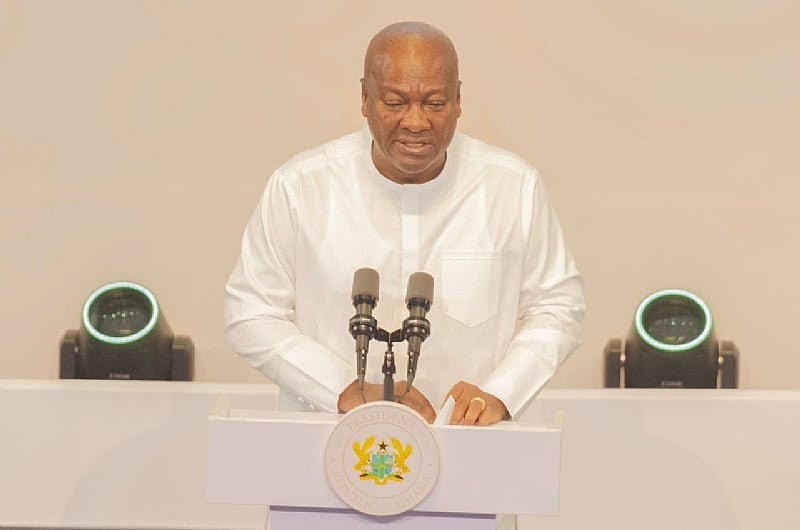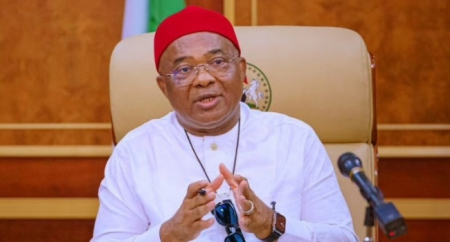President John Dramani Mahama’s directive to Metropolitan, Municipal, and District Chief Executives (MMDCEs) regarding asset declaration underscores the critical importance of transparency and accountability within the Ghanaian government. The deadline of July 15th serves as a firm reminder of the legal obligation for public officials to declare their assets and liabilities, a process enshrined in Article 286 of the 1992 Constitution and Act 550—the Public Office Holders (Declaration of Assets and Disqualification) Act, 1998. This legal framework requires declarations upon assuming office, every four years thereafter, and at the end of an official’s tenure. The President’s emphasis on this requirement reinforces the government’s commitment to upholding ethical standards and fostering public trust. This process allows for scrutiny and helps to prevent potential conflicts of interest and corruption, ensuring that public officials are acting in the best interests of the citizens they serve.
The President’s address to the MMDCEs went beyond asset declaration, encompassing the broader issue of responsible financial management, particularly concerning the District Assemblies Common Fund. His explicit warning against misappropriation, coupled with the assurance of non-interference in any investigations, sends a strong message about the seriousness with which the government views the proper utilization of public funds. The MMDCEs, as direct recipients of 80% of the Common Fund, bear a significant responsibility to ensure that these resources are deployed judiciously and transparently for the benefit of the communities they represent. This emphasis on local development and the prudent allocation of resources highlights the government’s commitment to decentralized governance and empowering local authorities to address the specific needs of their constituents.
The involvement of oversight bodies like the Auditor-General and other anti-corruption institutions further strengthens the mechanisms for accountability. The President’s statement that he would not interfere in any investigations underscores the independence of these institutions and reinforces the principle that no one is above the law. This commitment to impartial oversight is crucial for maintaining public confidence in the integrity of the government and its commitment to fighting corruption. The potential consequences of misappropriation, coupled with the active monitoring by these institutions, serve as a deterrent and promote a culture of responsible financial management within the local government structures.
The earlier warning issued in May, with the threat of dismissal for non-compliance with asset declaration, further emphasizes the President’s unwavering stance on this issue. The initial sanctions, including salary forfeiture for those who missed the March 31st deadline, demonstrate that these are not empty threats. This firm approach is essential to ensure that all public officials adhere to the legal requirements and uphold the principles of transparency and accountability. The President’s actions send a clear message that non-compliance will not be tolerated and that there are real consequences for failing to meet these obligations.
The emphasis on asset declaration and responsible financial management is not merely a matter of legal compliance but also a reflection of the broader principles of good governance. Transparency and accountability are essential pillars of a democratic society, fostering trust between the government and its citizens. By ensuring that public officials declare their assets and utilize public funds responsibly, the government is demonstrating its commitment to these principles and working to create a more equitable and just society. These efforts are crucial for strengthening democratic institutions and promoting a culture of ethical conduct within the public sector.
In conclusion, President Mahama’s directives regarding asset declaration and the judicious use of the District Assemblies Common Fund represent a significant step towards strengthening accountability and transparency within local governance. The firm deadlines, coupled with the threat of sanctions and the involvement of oversight bodies, demonstrate a serious commitment to enforcing these requirements. By promoting a culture of responsible financial management and ethical conduct, the government is working to build trust with its citizens and ensure that public resources are used effectively to benefit all Ghanaians. This focus on good governance is essential for fostering sustainable development and creating a more just and prosperous society.














